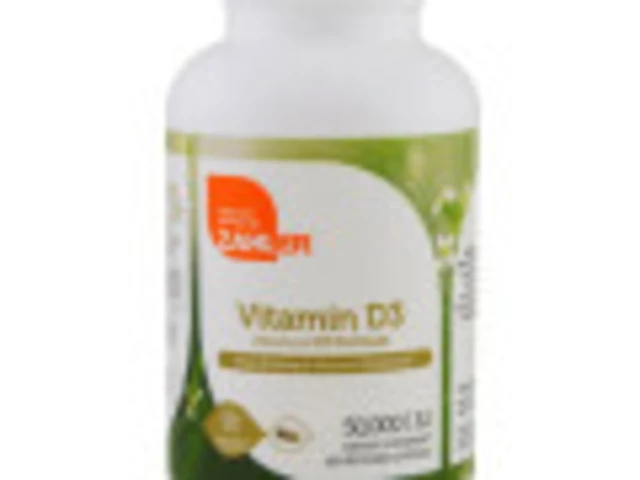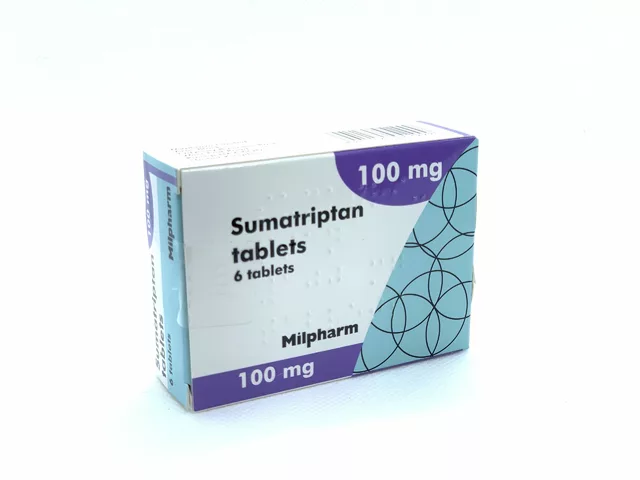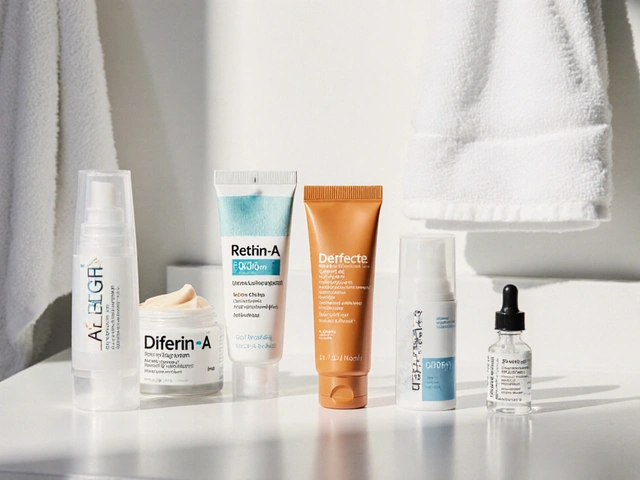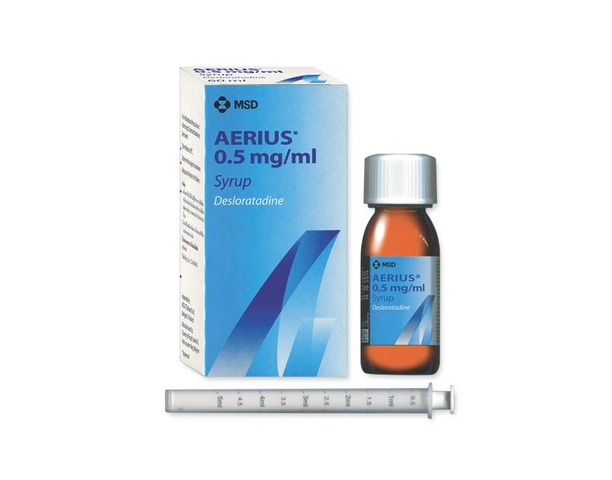Skin Health: Practical Tips, Treatments, and Supplements
Healthy skin isn't just about looks — it's a living organ that protects you, signals problems, and reacts to daily habits. Small choices each day give steady results. Use these simple, practical steps to reduce irritation, prevent flare-ups, and get more from treatments and supplements.
Daily Skin Basics
Wash gently twice a day with a mild cleanser. Hot water and harsh scrubs remove oils and trigger redness. Apply a non-irritating moisturizer right after washing to lock in hydration. Wear sunscreen every morning, even on cloudy days; broad-spectrum SPF 30 or higher protects against sun damage and premature aging. When trying a new product, do a patch test on the inside of your wrist and wait 24 hours for a reaction.
Pay attention to active ingredients, not packaging. For oily or acne-prone skin look for salicylic acid or benzoyl peroxide. For fine lines or texture, start with a retinol product at low strength and build tolerance slowly. If dryness is the issue, hyaluronic acid and ceramides help restore the skin barrier. Niacinamide is a gentle option that can help redness and oil control at the same time.
Lifestyle choices matter. Sleep at least seven hours, manage stress, avoid smoking, and drink water throughout the day. Foods rich in omega-3s like salmon, walnuts, and flaxseed support skin hydration and elasticity. Excess sugar and highly processed foods can worsen inflammation for some people, so notice how your skin reacts after meals.
Medical Treatments & Supplements
If over-the-counter options don’t help, see a dermatologist. Prescription treatments can include topical retinoids, topical or oral antibiotics for acne, and short courses of corticosteroids for inflammatory flares. Be cautious with long-term steroid use on skin; it thins the skin and carries risks. Ask your doctor for clear stop-and-start instructions.
Supplements can support skin health but aren’t magic. Omega-3 supplements help with dry, inflamed skin in many people. Zinc may speed healing for acne-prone skin, and vitamin D replacement can benefit those who are deficient. Collagen powders sometimes improve skin elasticity, but results vary and depend on overall diet. Discuss doses with your clinician, especially if you take other medications.
Natural oils and botanicals have benefits but also risks. Essential oils can irritate or sensitize skin; always dilute them and patch-test first. For example, tansy essential oil offers unique properties but can cause strong reactions if used undiluted.
Use RXMedicin as a quick reference when you want practical, reliable info on medicines, supplements, and topical options. Keep notes on what you try and how your skin responds — that record helps your clinician make better choices. If a product causes stinging, bright redness, swelling, or blisters, stop it and get medical advice.
Layering order: cleanser, treatment (like retinol or acne serum), moisturizer, sunscreen. Use active treatments at night; don't mix strong actives without guidance. Exfoliate 1-2 times per week with chemical exfoliant, not daily. For acne, avoid picking — it spreads bacteria and causes scarring. If you have persistent issues like severe acne, sudden rashes, or slow-healing wounds, see a clinician quickly. Track progress with photos weekly.
 11 March 2025
11 March 2025
Actinic Keratosis: Understanding Your Skin Type's Role
Actinic keratosis is a common skin condition caused by prolonged sun exposure, often appearing as rough, scaly patches. Knowing your skin type can help in understanding the risk factors and adopting better preventive measures. Fair-skinned individuals are more susceptible, but anyone with recurring sun exposure should be vigilant. Preventive tips, lifestyle changes, and regular dermatologist visits can significantly reduce risks. Let's explore how skin types influence the incidence and management of actinic keratosis.
 29 April 2023
29 April 2023
Alfacalcidol and Skin Health: What You Need to Know
As a blogger, I recently came across some interesting information on the connection between Alfacalcidol and skin health. Alfacalcidol, a form of vitamin D, has been found to play a crucial role in maintaining healthy skin. It helps with cell growth, immune function, and inflammation control, which are all essential for skin health. I learned that a deficiency in Alfacalcidol could lead to skin issues such as dryness, acne, and even premature aging. So, it's essential to make sure we're getting enough Alfacalcidol to keep our skin looking and feeling its best!
Latest Posts
-

Boost Your Overall Health with the Power of Fructo-Oligosaccharides Dietary Supplement
-

How to Store Sumatriptan: Tips for Keeping Your Medication Safe and Effective
-

Medication List Templates: Free Printable and Digital Options for 2026
-

A‑Ret Gel vs Other Tretinoin Treatments: Complete Comparison
-

Understanding the different forms of Desloratadine: Tablets, syrup, and more

10